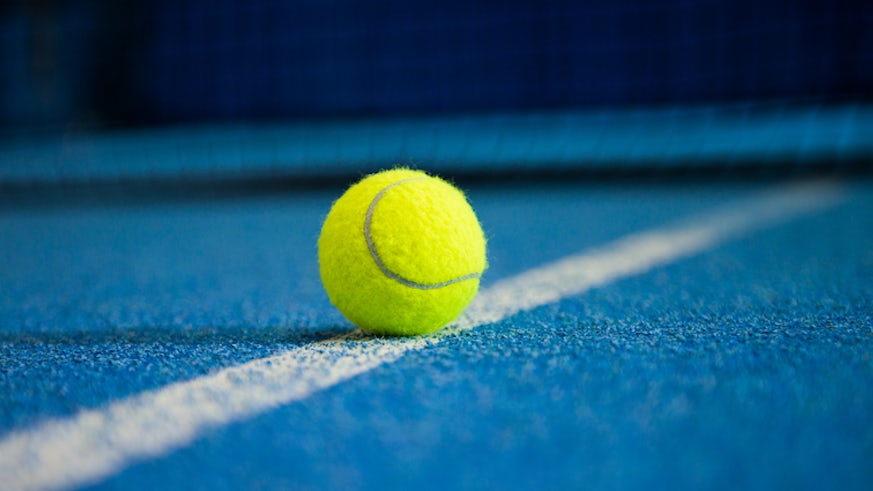Bad call
24 November 2016

Technologies such as Hawk-Eye undermine the authority of referees and umpires and are misleading when used in sport, according to a new book by researchers at Cardiff University.
Bad Call looks at the technologies used to make refereeing decisions in sports, examines them in action, and explains the consequences and the cures.
Reanalysing three seasons of play in English Premier League football, the researchers from the University’s School of Social Sciences, discovered that goal line technology was irrelevant while so many crucial wrong decisions were made in respect of penalties, offsides, sending offs, and so on that different teams should have won the Premiership, advanced to the Champions League, and been relegated.
In tennis, the researchers argue that the decision to use Hawk-Eye or similar systems to over-rule line judges substitutes one source of error for another, misleading spectators.
Professor Harry Collins of the School of Social Sciences and one of Bad Call’s co-authors said: “Used well, technologies can help referees reach the right decision and deliver justice for fans: a fair match in which the best team wins. Used poorly, however, decision-making technologies pass off statements of probability as perfect accuracy and perpetuate a mythology of infallibility..."

“In relation to football, we argue that goal line technology is an expensive irrelevance and that TV replays could offer a much better, simpler and more transparent solution to the problem of refereeing mistakes. We show how TV replays could be utilised without slowing the game. This would also give legitimacy and respect back to referees."
“Cricket, on the other hand, has been innovative in its use of technologies to assist umpires and in the sophisticated way in employs track-estimators by recognising that they have a region of uncertainty. This means that cricket uses technology to support umpires rather than over-rule them.”
Dr Robert Evans, of the School of Social Sciences and co-author on the book added: “What matters in sports is not computer-generated projections of ball position but what is seen by the human eye—reconciling what the sports fan sees and what the game official sees.”
Bad Call by Harry Collins, Robert Evans and Christopher Higgins is published by the MIT Press.
Share this story
The School is an internationally recognised centre of high quality teaching and research.

